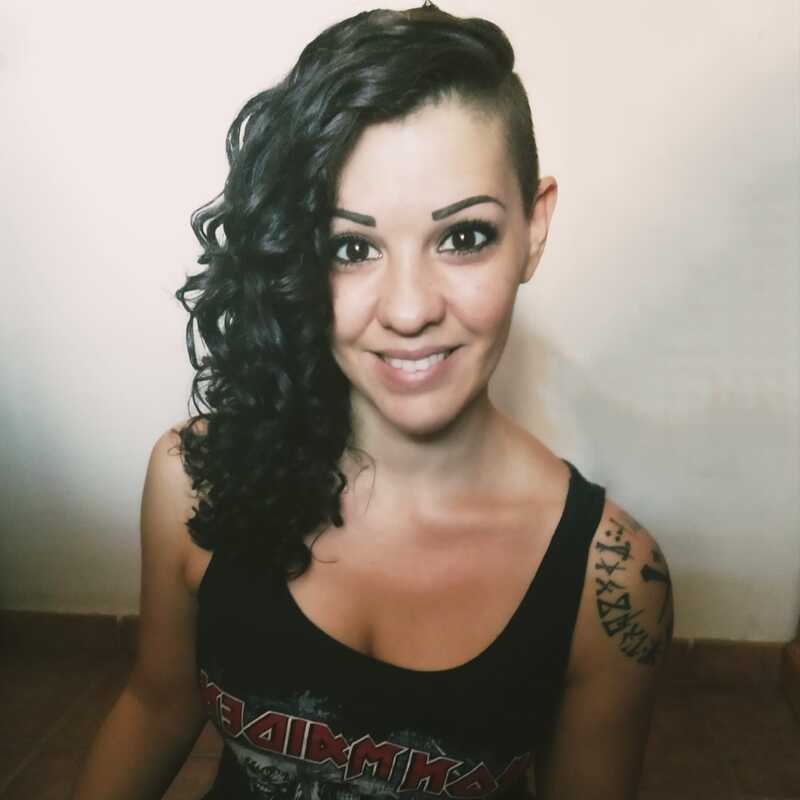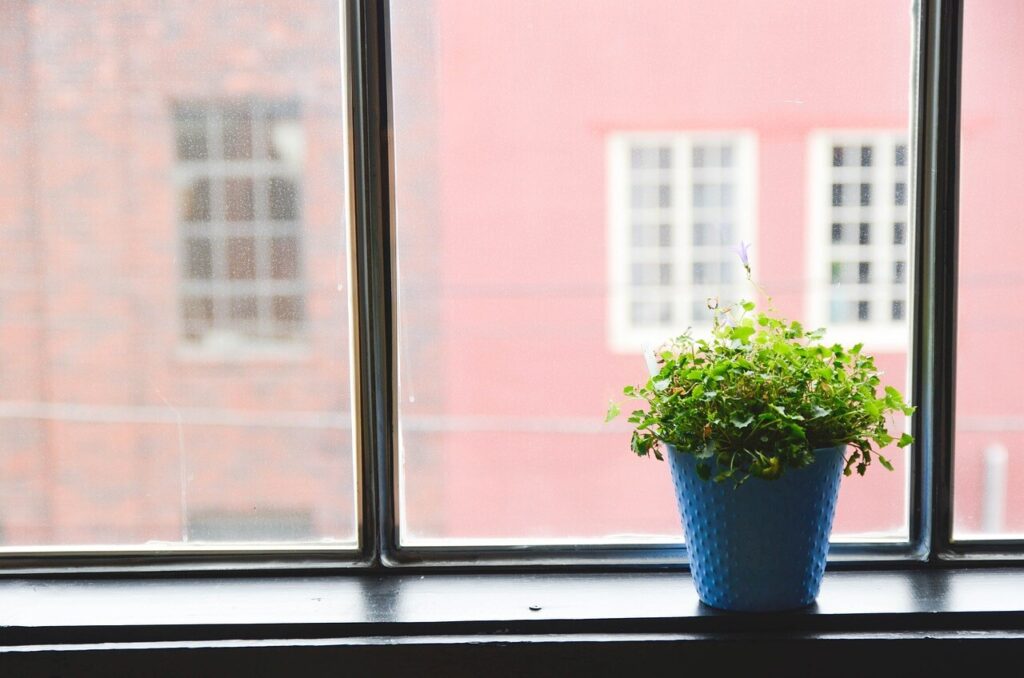It has been two years since I successfully completed my Ph.D. My thesis, entitled “Well-being and romantic relationships in Andalusian adolescents” explored both topics from the Positive Psychology approach, focusing on this developmental period. During those years I learned a lot, but I also went through some very difficult times. That’s why I realized that looking back, there are many things I wish I’d known before starting my Ph. D. path which would have helped me to make the most of the experience.
Here I go through some of my top tips in the hope that they will be useful to you:
1) Doing a Ph.D. is not easy and takes years of effort and dedication. At first, you will probably find yourself wondering what on earth it is you are doing. Take it easy, don’t think you have to learn everything at once. You have a lot to learn, and you are not going to do it in a day, a week, or a month (or even a year). Knowledge is not acquired quickly. Patience and perseverance are your greatest allies. One step at a time. One day at a time. Go at your own pace. Don’t compare yourself to anyone. Everyone is different, has a different life, different resources, and different qualities. Don’t want to be like anyone else. Be yourself.
2) You will probably go through bad times. You will probably want to quit. You may wonder why you are doing this. It happens to almost all of us. Hang in there. Those moments will pass, and better ones will come. They are part of the process and help you grow. Don’t fight with them. Instead, think about what they can teach you. You will find a way, just try to calm down and think clearly. The Ph.D. can be rough, but it will eventually end. Think about how many people have made it, so why shouldn’t you?
3) As a good friend told me once, the Ph.D. is like a puzzle, and eventually, the pieces fit together. It may take a while for that to happen, but it will happen. There will be periods when you will progress a lot and others when you will advance little. It is not a linear path. Going forwards and backwards it’s completely normal. Relax.
4) But don’t go it alone. Social support is essential. Find a group of people, however small, who are in the same journey and with whom you feel comfortable. They will be your lifeline more times than you think, as they understand your experience better than anyone else Help each other, share your experience and knowledge. That support is so important that sometimes it’s what keeps you there. Create a safe and honest space in which to share your doubts, sorrows, and joys. You will need it.
5) Take regular breaks. You don’t have to hold the weight of science on your shoulders. The thesis will still be there when you come back, and absolutely nothing bad is going to happen because you turn off your computer at the weekend or go on holiday. It will help you think better, have better ideas, be more creative and find better solutions. Rest is a right, not a luxury. Never felt guilty about resting or spending your time on something else, and never let anyone make you feel that way.
6) Your supervisor is an essential part of the process. They can help you spread your wings or cut them. If you can, think carefully and explore your options before you start. This will be one of the most important relationships you will have during these years, and maybe during the subsequent. Try to build a trusting relationship, based on transparency, honest communication, and mutual respect. A good supervisor(s) teaches you. Don’t take an advance, don’t disrespect you, don’t treat you as lesser. Try to choose someone who is empathetic and wants to help you achieve your goals.
7) If your supervisor(s) is not that person or something doesn’t feel right, find a new one. You are under no obligation to stay there. Don’t tie yourself to anyone. It’s your future and you should do what is best for you. Remember that you are there to learn, not to be treated unfairly.
8) But sometimes it can be very difficult and you may not want to or be able to change. If you are having issues with your supervisor, be honest and assertively explain how you feel. Discuss each other’s expectations respectfully and try to reach a mutually beneficial agreement. If you don’t get any change and must to stay there, visualizing your goal and focusing on it can help. Remember why you are doing this and where you are going. And never think that you can’t or that you’re not enough because one person doesn’t treat you the way you deserve. Even the most experienced people make mistakes.
9) It’s great that you feel grateful for the opportunity, but you are producing for that institution, that research group, or that company. Don’t forget that. You are learning, but you are also working. Value yourself, you deserve the same respect and consideration as anyone else.
10) In academia, informal aspects are sometimes as important as formal ones. It is not enough just to know how to write a scientific paper. Networking is essential. Be smart, but also kind, honest, and humble. Academia needs more of it.
11) Go to conferences. Speak in public. Present your research to the scientific community. Meet people. It’s scary at first but fear fades with practice. There is nothing wrong with making mistakes. We all do it, and that’s okay. Next time you will do better.
12) Share your academic life with your loved ones. Explain to them what you do and why. Give them time, it’s difficult to understand how academia works. Don’t worry, they will get it.
14) Be proud from the beginning, what you are doing or going to do is very difficult and valuable. Every step you take is important. Don’t wait to finish to be proud of yourself. Celebrate every accomplishment, no matter how small. It’s not an easy path, give yourself credit. Be aware of your mistakes and learn from them but focus on praising yourself instead of putting yourself down.
15) Nevertheless, it is perfectly valid that you want to quit. If you really want to do it, do it, you’ll find your way. But before you make that decision, think about your reasons. Don’t quit because you are afraid or think you are not capable, because you are. Never doubt it: you can do it.
16) And last but not least:
A good thesis is a finished thesis, not a perfect one.




